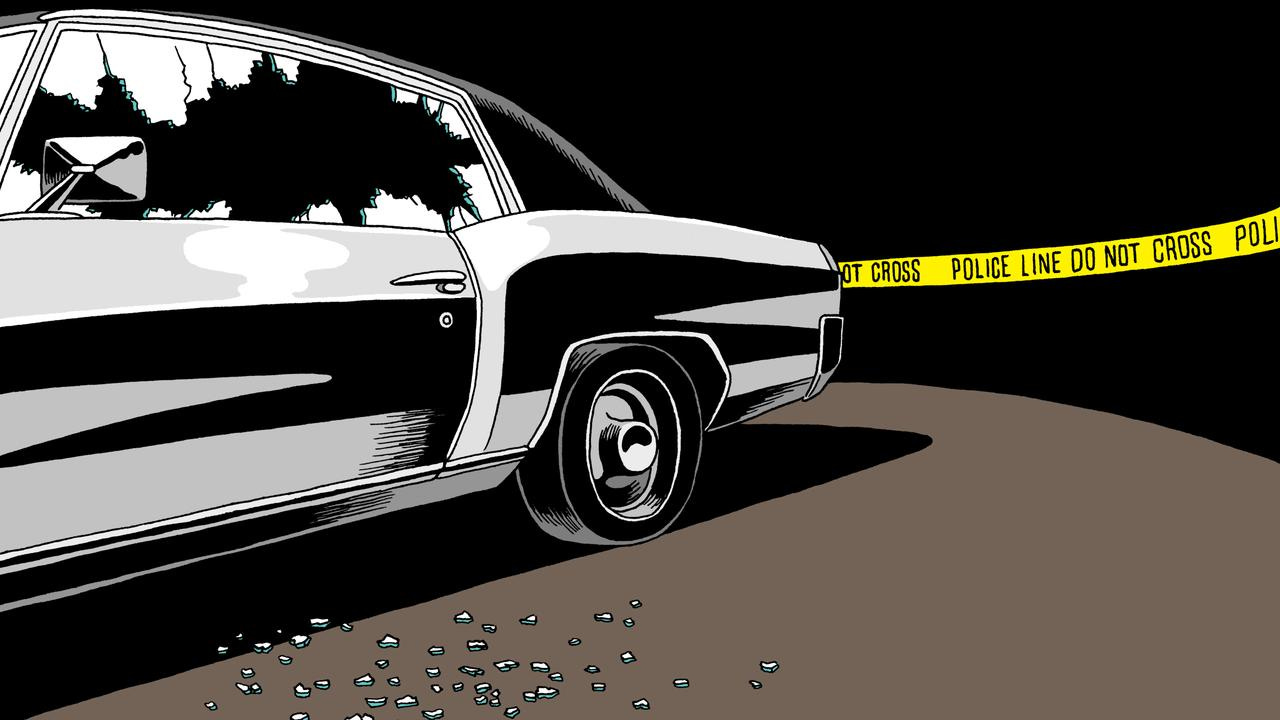Grief Has No Deadline
She spent two decades as a reporter covering L.A.’s grisliest crimes. But when one bullet strikes too close to home, she learns what hard news feels like from the other side.
To be a reporter in a city like Los Angeles is to understand the redundancy of crime.
Bullets strike—and then strike again. A young life ends—and then another. Grieving parents wonder how to survive the aftermath, when birthdays and Christmas mornings arrive and their child is gone.
The reporter who covers the crime won’t be present for the aftermath. The reporter will move on to the next story. Such is the reality of big city reporting. For years, that reporter was me. At the Los Angeles Times for nearly two decades and then as a freelance writer, I experienced the “on-to-the-next-story” life.
Then one sunny afternoon, I found myself at the 77th Division of the Los Angeles Police Department for a press conference about a twenty-two-year-old man who’d been fatally shot while driving in South Los Angeles early in the morning of April 21, 2012.
This time the tearful relatives standing before the cameras and the reporters were mine. The victim wasn’t somebody els…


